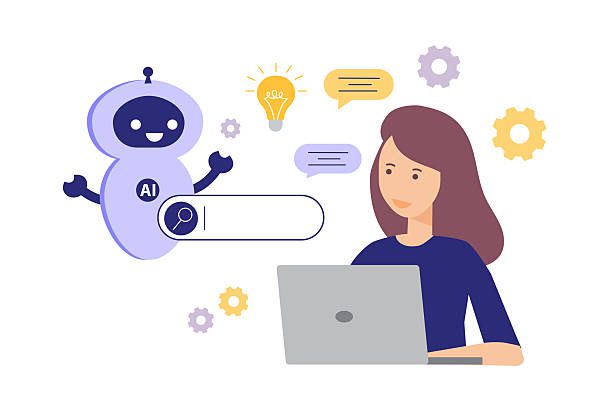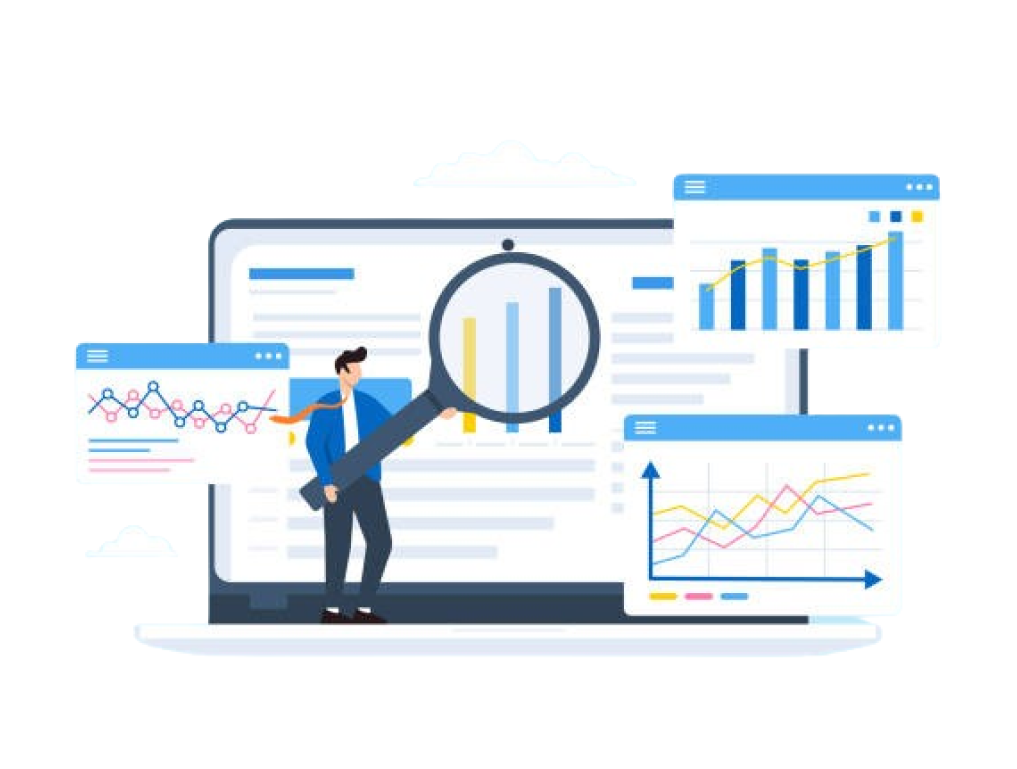
SEO in the Age of AI Artificial intelligence is changing how companies approach search visibility, content production, and ranking tactics in today’s quickly changing digital landscape. In addition to altering consumer search behavior, artificial intelligence (AI) is also influencing how search engines, such as Google, evaluate and rank material. It is now imperative for SEO specialists to adjust to this new environment.
What Does “SEO in the Age of AI” Mean?
AI-driven SEO refers to the integration of artificial intelligence tools and algorithms into every stage of the search optimization process. Search engines currently utilize natural language processing (NLP) and machine learning to comprehend user intent and deliver highly relevant results.
For marketers, this means SEO is no longer just about keywords and backlinks; it’s about understanding user behavior, context, and content value at a deeper level.
The Role of AI in Modern Search Engines
Search engines like Google use AI-powered systems such as RankBrain, BERT, and MUM to analyze and interpret search queries. These systems learn from billions of searches to improve accuracy and relevance.
Key AI-driven search features include:
- Contextual Search: AI understands the intent behind a query rather than focusing solely on keywords.
- Voice Search Optimization: AI powers assistants like Alexa and Google Assistant, making voice SEO crucial.
- Personalized Results: Machine learning tailors results to users’ behavior, preferences, and location.
How AI is Changing SEO Strategies
SEO experts must modify their tactics to conform to AI-powered algorithms to remain competitive.
Here’s how:
- a. Focus on User Intent Over Keywords: AI places a strong emphasis on search intent. Instead of optimizing for exact-match keywords, businesses should target topics and questions users are genuinely searching for.
- b. High-Quality, Human-Centered Content: Content written purely for search engines no longer performs well. Instead, use AI writing tools to enhance readability, structure, and accuracy while keeping a human touch that builds trust and engagement.
- c. Data-Driven Optimization: AI tools like SurferSEO, Clearscope, and MarketMuse help analyze competitors and recommend improvements based on real-time data. SEO is now a data-backed discipline, not guesswork.
- d. Enhanced Predictive Analytics: AI can predict ranking opportunities, content gaps, and seasonal trends, helping marketers make informed decisions before competitors.
Benefits of Using AI in SEO
Adopting AI in SEO offers several advantages:
- Faster data analysis for keyword research and link-building opportunities.
- Smarter content creation through AI-assisted optimization.
- Improved user experience with personalized content delivery.
- Better ROI through predictive analytics and conversion tracking.
Challenges of AI-Driven SEO
While AI enhances SEO efficiency, it also brings challenges:
- Content Authenticity: Overuse of AI-generated content can affect originality.
- Algorithm Updates: AI evolves constantly, making it vital to stay updated.
- Human Oversight: AI tools require strategic guidance to maintain ethical and effective SEO practices.
The Future of SEO in the Age of AI
SEO’s future depends on striking a balance between AI accuracy and human innovation. Search results will be dominated by marketers who use AI while preserving their brand voice and real storytelling.
Expect future SEO trends to focus on:
- Voice and visual search optimization
- AI-driven link-building automation
- Hyper-personalized content experiences
- Real-time SEO analytics and insights
Conclusion
The evolution of SEO in the age of AI marks a new era of intelligent, user-focused optimization. In this cutthroat digital environment, companies that use AI-powered technologies, concentrate on intent-based content, and stay true to themselves will succeed.
AI isn’t replacing SEO, it’s redefining it. The key is to adapt, innovate, and use technology to enhance the human side of marketing.


